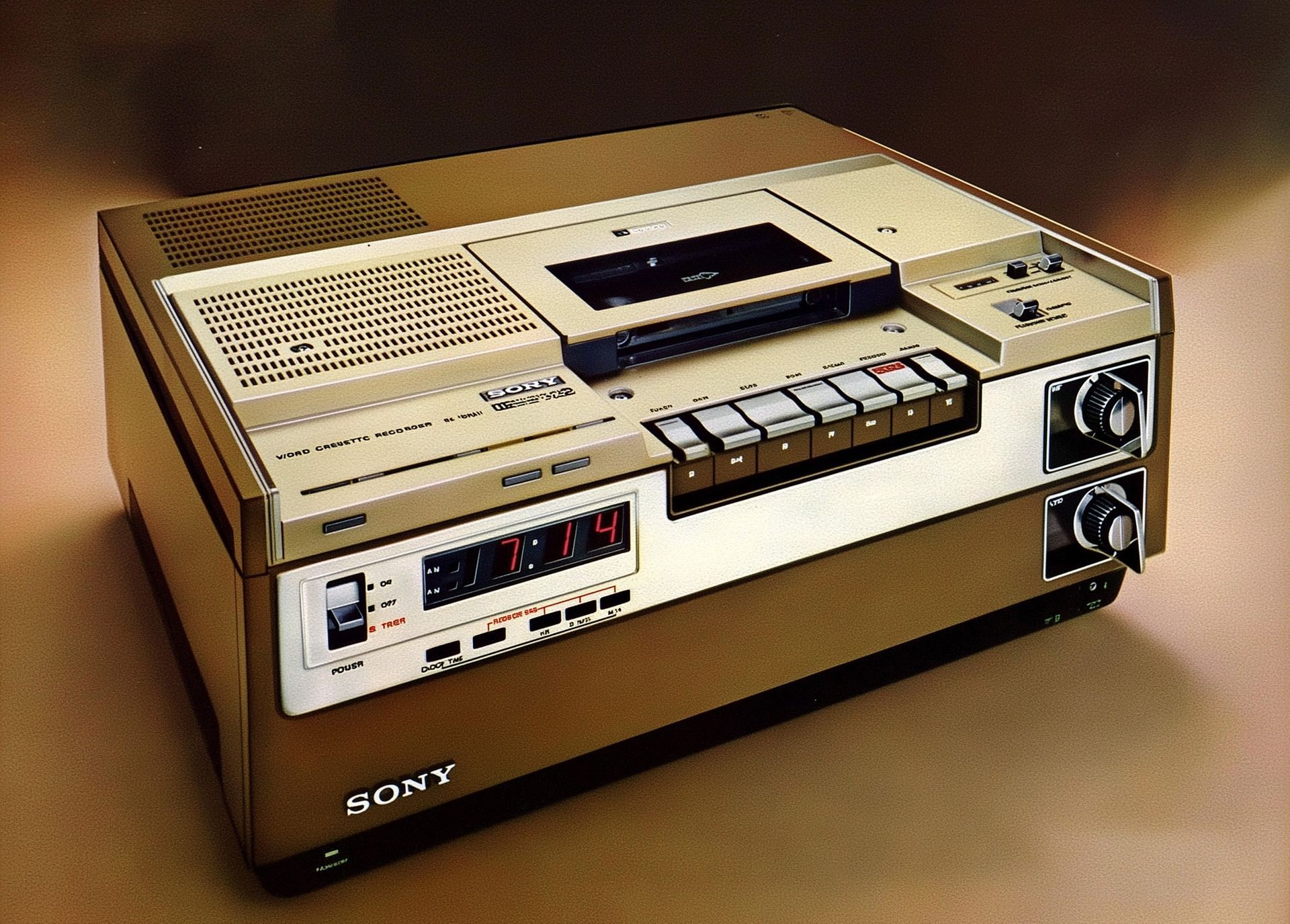What to Look for in a Brand Agency: A Guide For B2B Marketing Leaders
Read this before your rebrand.
If you’re heading up brand management for a B2B tech company, you know innovation reigns supreme, and your brand is your beacon. It's the story that sets you apart in a sea of competitors. But let's face it – building and maintaining a powerful brand isn't a one-person show. That's where a branding agency comes in. If you're a CMO or VP of Marketing for a B2B tech company, this blog is your GPS through the maze of hiring a branding agency. We'll explore what to look for, what to expect, why it's a game-changer, and the key questions you should ask before taking the plunge.
What Should I Look for in a Branding Agency?
Choosing the right branding agency is akin to selecting a partner in a dance – they need to understand your rhythm and move in harmony with your vision. Here's what you should consider:
1. Industry Experience: A B2B tech company requires a branding agency that understands the nuances of the technology landscape and can translate complex ideas into compelling narratives.
2. Creative Portfolio: Dive into their portfolio. Look for creativity that aligns with your brand's essence. Your brand needs to stand out, not blend in.
3. Strategic Mindset: A branding agency should be more than just design wizards. They should approach branding with a strategic mindset that aligns with your company's goals.
4. Client Reviews: Don't just take their word for it. Research what their past clients say about their work, collaboration, and results. Hint: Speak! has over a dozen five-star reviews on Clutch.co.
5. Cultural Fit: Your brand's success depends on chemistry. Ensure the agency's culture and values align with yours for smooth collaboration.
What Does a Branding Agency Provide?
A branding agency is more than a design powerhouse; it's a partner in crafting your brand's narrative. Here's what you can expect from their expertise:
1. Brand Strategy: A branding agency digs deep into your business to develop a comprehensive brand strategy that aligns with your goals and resonates with your audience.
2. Visual Identity: From logos and color schemes to typography and imagery, a branding agency crafts a visual identity that encapsulates your brand's personality.
3. Messaging Framework: Your brand's voice is just as important as its appearance. A branding agency helps develop key messages that resonate with your target audience.
4. Creative Assets: They create a suite of creative assets that maintain consistency across all touchpoints – website, social media, print collateral, and more.
5. Brand Guidelines: To ensure consistency in all future communications, a branding agency provides brand guidelines that serve as the North Star for your brand.
Why Should You Hire a Branding Agency?
"Why not just handle it in-house?" you might wonder. Well, here's why a branding agency can be a game-changer for your B2B tech company:
1. Expertise and Fresh Perspective: A branding agency brings expertise and a fresh perspective. They've worked with various industries and can inject new life into your brand.
2. Time and Focus: With an agency at the helm, your team can focus on what they do best while the agency handles the intricacies of branding.
3. Unbiased Evaluation: An agency provides an unbiased evaluation of your brand, identifying gaps and opportunities you might miss in-house.
4. Access to Talent: You gain access to a diverse pool of talent – designers, copywriters, strategists – all working together to elevate your brand.
5. Scalability: As your brand evolves, an agency can scale their services accordingly, ensuring your brand remains relevant.
What Questions Should You Ask a Branding Agency?
Before signing on the dotted line, it's crucial to ask the right questions to ensure a harmonious partnership:
1. Can You Share Similar Case Studies? Request case studies from projects similar to yours to gauge their expertise in B2B tech branding.
2. What's Your Approach to Research? A deep understanding of your company is crucial. Ask about their approach to research and strategy development.
3. How Do You Handle Changes and Feedback? Collaboration involves changes. Ensure the agency has a flexible approach to handling feedback and adjustments.
4. What's the Estimated Timeline? Set expectations upfront by discussing project timelines. Make sure they align with your goals.
5. How Do You Measure Success? Ask about their metrics for measuring the success of a branding project. This will help align goals and expectations.
Final Thoughts
Hiring a branding agency for your B2B tech company is a strategic investment that can propel your brand to new heights. With the right agency by your side, your brand story can capture the hearts and minds of your target audience, resonating with authenticity and innovation. Remember, your brand is a journey, and the right branding agency is your guide, helping you navigate the path to success.
So, CMOs and VPs of Marketing, if you're ready to take your B2B tech brand to the next level, the time to explore the world of branding agencies is now. By understanding what to look for, what to expect, why it matters, and the questions to ask, you're well-equipped to make a decision that could transform your brand's trajectory. Let the journey begin – your brand evolution awaits!




